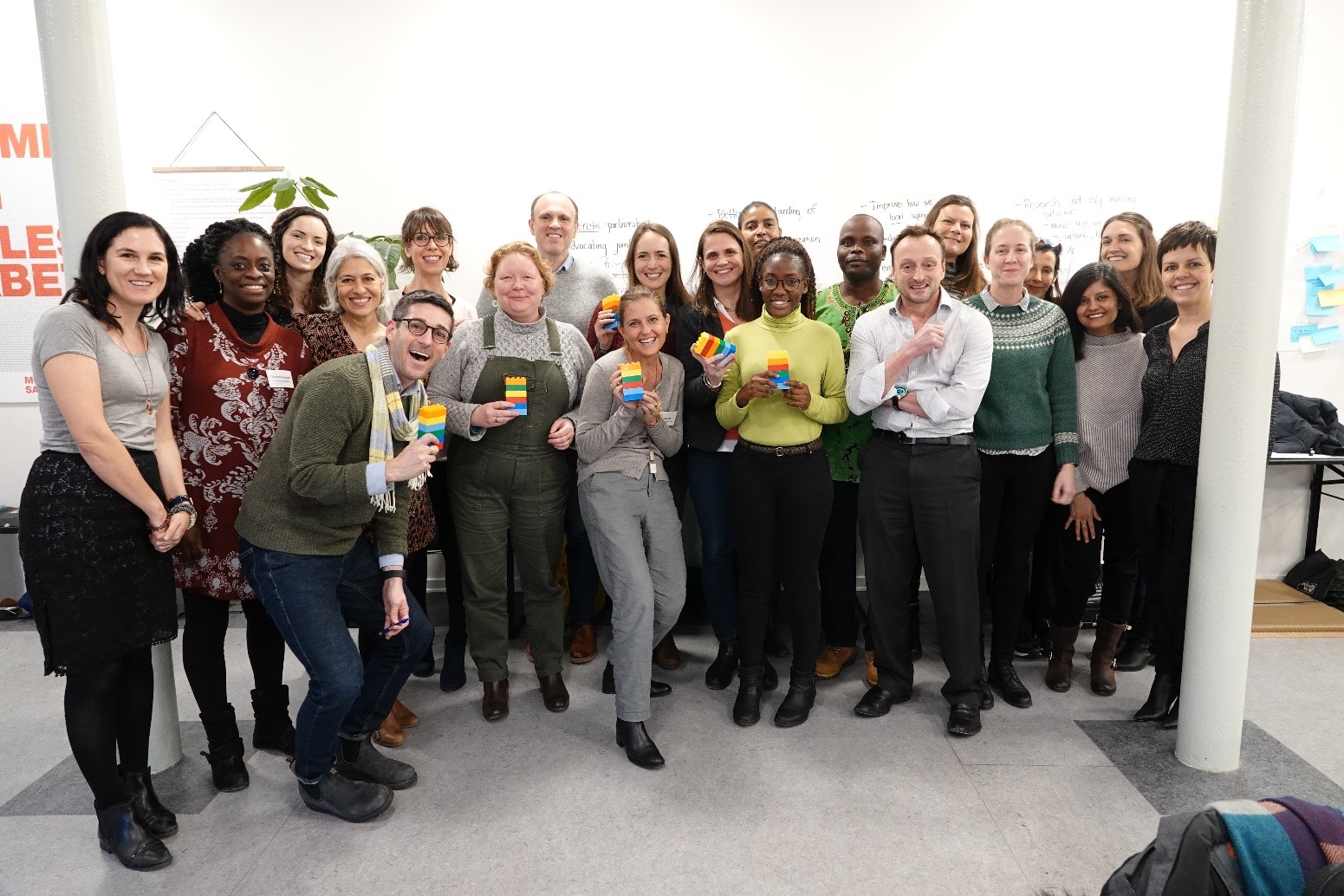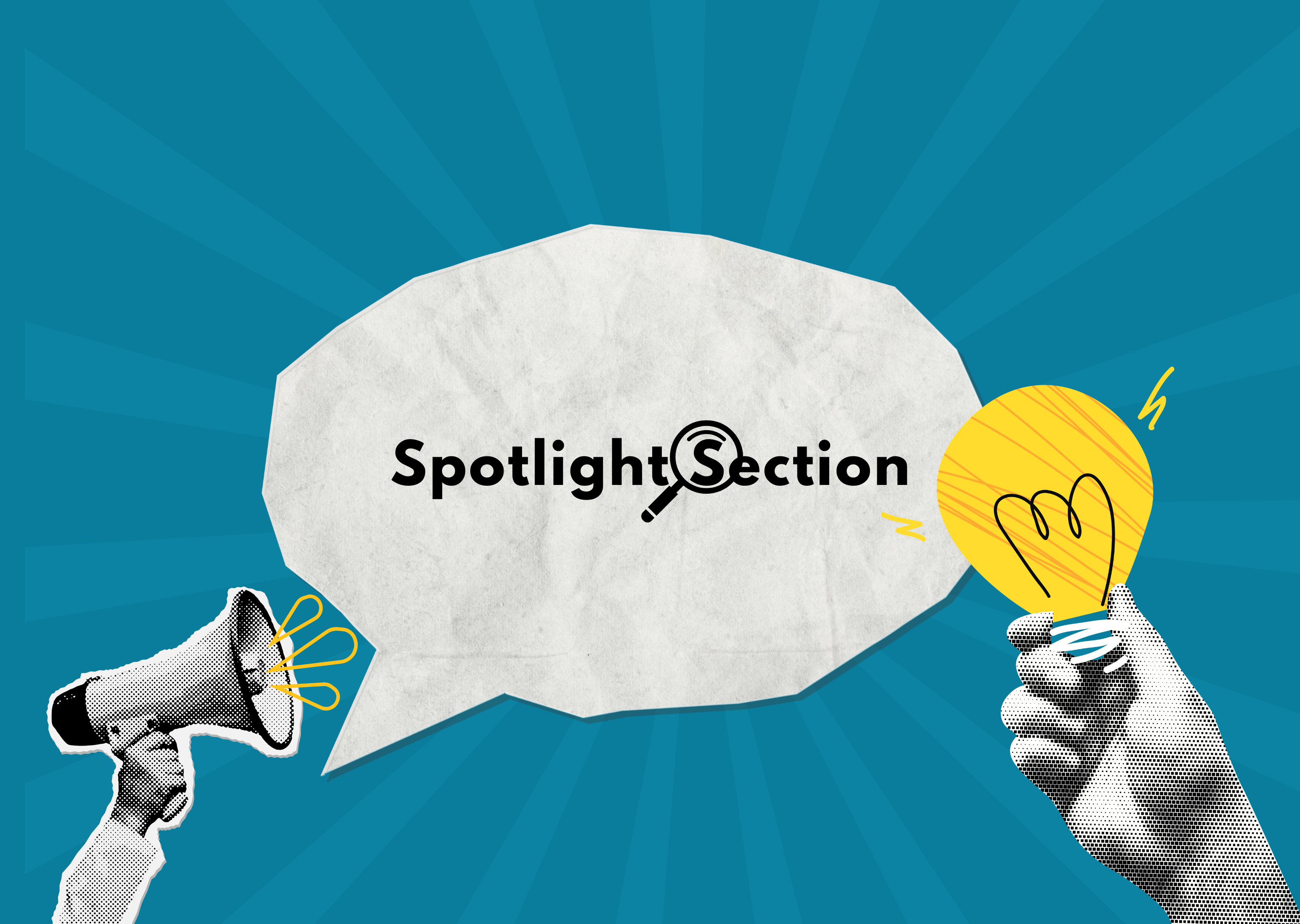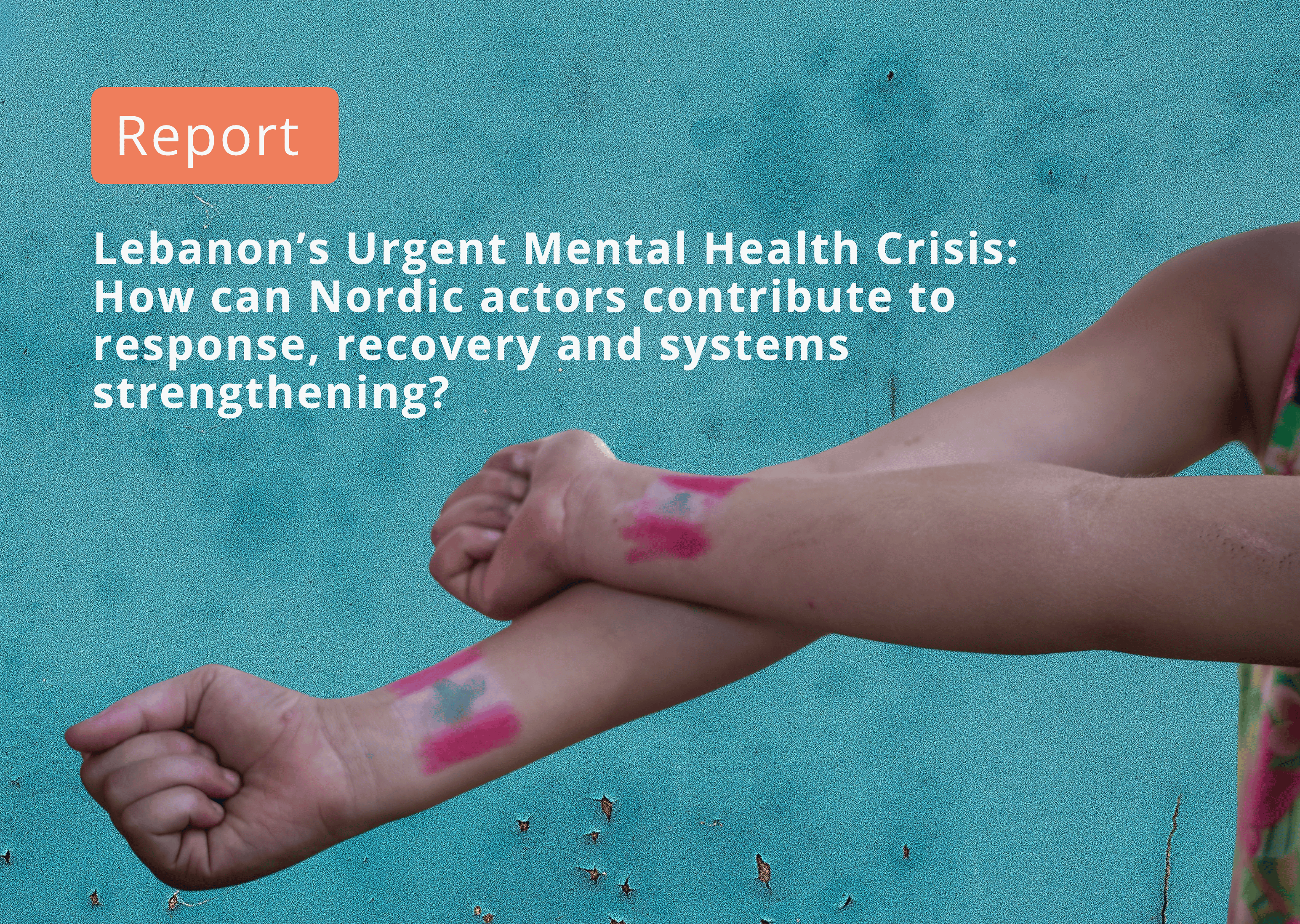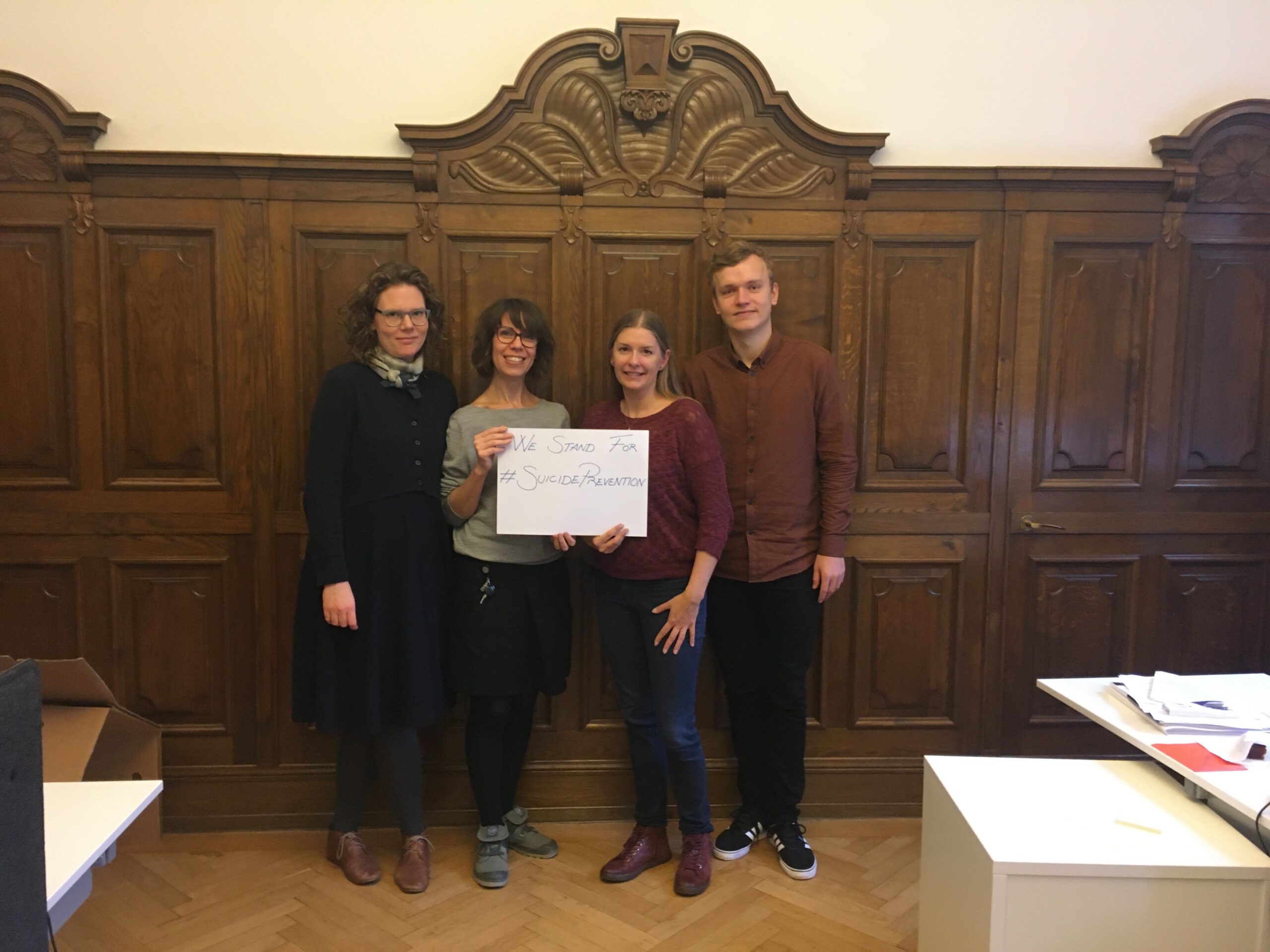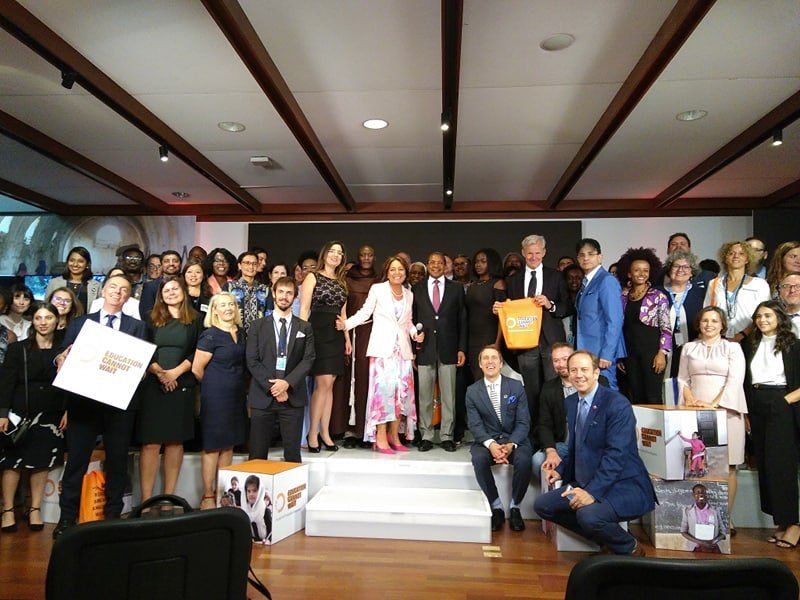In January we had the privilege of convening actors across education, health, and child protection in Copenhagen to focus on integrating mental health and psychosocial support (MHPSS) in education in emergencies (EiE). The meeting, entitled Together for Children’s Well-being and Learning, was sponsored by Education Cannot Wait in our joint mission to facilitate a more collaborative approach among actors in emergency settings. The purpose of the meeting was to address the urgent need to mainstream MHPSS approaches and interventions throughout the core of the humanitarian response, specifically in education services to ensure the mental health and wellbeing of children, families, and teachers. The meeting built on the monumental work that has been done thus far in the humanitarian space and naturally contributed to building a community of practitioners to carry this work forward.
Although it seems like much time has passed since the meeting, as so much about our lives and ways of working have shifted in light of covid-19, our focus on coming together for children’s well-being and learning has never been more relevant.
UNESCO estimates that 1.58 billion learners (over 89% of the world’s student population) are impacted by national closures of educational institutions due to the covid-19 epidemic, and millions more are expected to be impacted in the coming weeks as the epidemic spreads and intensifies. In addition to these immediate disruptions to children and youth’s education, drop-out rates are expected to increase globally, leaving long-term effects on the futures of young people and their communities. Children already coping with the stress of emergency settings are especially vulnerable to these circumstances.
As actors working across the humanitarian-development nexus respond to the Covid-19 crisis, key takeaways from the Together for Children’s Well-being and Learning meeting can be applied:
- The core purpose of MHPSS is to ensure that children and families in extreme adversity have a community of support.
- We, as actors across health, protection, and education, are each responsible for working to restore and strengthen that community.
- Much has already been accomplished to guide actors in how best to do so, in an integrated way. Guidelines and resources have been published, research has been established, and there are reputable examples of good practice.
- There is great awareness and consensus of the challenges and the necessary actions that need to take place in order to deliver a multi-sectoral response to support the mental health and well-being of children and families in humanitarian settings, but specific suggestions for how actors can move ahead have been identified.
We invite you to read the full report on Coming Together for Children’s Well-being and Learning via MHIN.net for details and examples of the above. The report is a synthesis of the proceedings, including rich discussions on achievement in MHPSS and EiE to date, good practice examples, and discourse on terms and language, research needs, and suggestions for how we can best come together to holistically support the learning, mental health, and psychosocial well-being of children in adversity.
